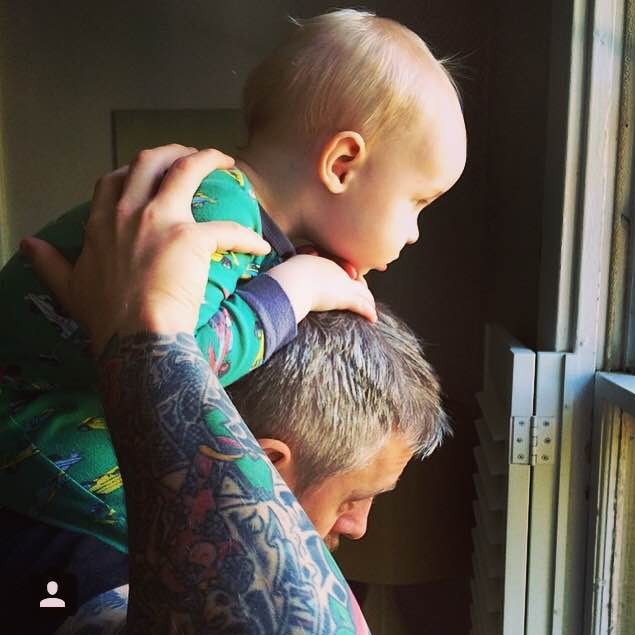
When we hear “back to work” after baby, so much of the conversation immediately turns to women. There’s good precedent for this: for generations it was the women who made the complex decisions and carried the burden about how to manage work and home, and if going back to work was an option, mandate or privilege.
But expectations and understandings around partnerships are changing. Paternity leave continues to make headlines. Millennials are moving up in the workforce to senior positions, and their revised expectations for work-life balance are drastically different than previous generations. Dads are playing bigger roles: actively raising their children, taking paternity leave in earnest, and speaking up at work about their personal standards and goals for both work and play.
I was asked to join the Dad 2.0 Summit taking place in Washington, D.C. The conference convenes thought leaders and interested participants to discuss a topic which is drastically gaining momentum. I’ll be part of a remarkable (understatement) panel, moderated by Brigid Schulte, of passionate, informed individuals each with a unique take and focus on the shifting landscape of parenthood. Together we will explore what the shifting landscape really looks like, each bringing our unique views to the dialogue.
My viewpoint stems from the It’s Working Project and our question of what does “back to work after baby” look like? What is the “new normal”? Is there a range? A standard? Are we going somewhere fast? Are we on the slow train? Or worse, are we in the middle of some Sisyphean exercise of pushing the same boulder up the hill over and again?
Here at It’s Working Project we have been involved in research to make sense of the impact of the workplace on the state of the primary relationship. What we’ve found is that more parents need a workplace culture that is reflective of the setup of their family. If the family is in a 50/50 split, in which both parents, man and woman, are both contributing to the household income, then workplaces need to recognize and try and support that. Partners have a working infrastructure before the baby comes along, and the successful workplaces able to retain and recruit millennial talent are the ones that recognize the partnership.
We have heard this before from the men who have shared their stories with the It’s Working Project. Aren Platt of Pennsylvania told us, “Before becoming a dad, I would regularly work 80 and 90 hour weeks. After my son came, I felt the need to try to keep up that same pace (while trying to be a dad, which is what I really wanted to do) and that really took a toll.”
Peter Slutsky of New York echoed the sentiment. “Having a baby is a really good time to ask yourself important questions and rethink your priorities. You want to feel like you can do it all, but the truth is that you have to work in an environment that values that same thing you do.”
Dad 2.0 Summit is an ideal conversation-starter. What can companies do to support a better work culture for dads, and what can dads do to find meaningful work while supporting their families and playing an active role as a partner in raising their children?
I’m thrilled to be a part of the summit this weekend. For those of you who are there, let me know at @TheJuliaBeck and @ItsWorkingProject, and follow the conversation at #dad2summit and #itsworkingproject.
